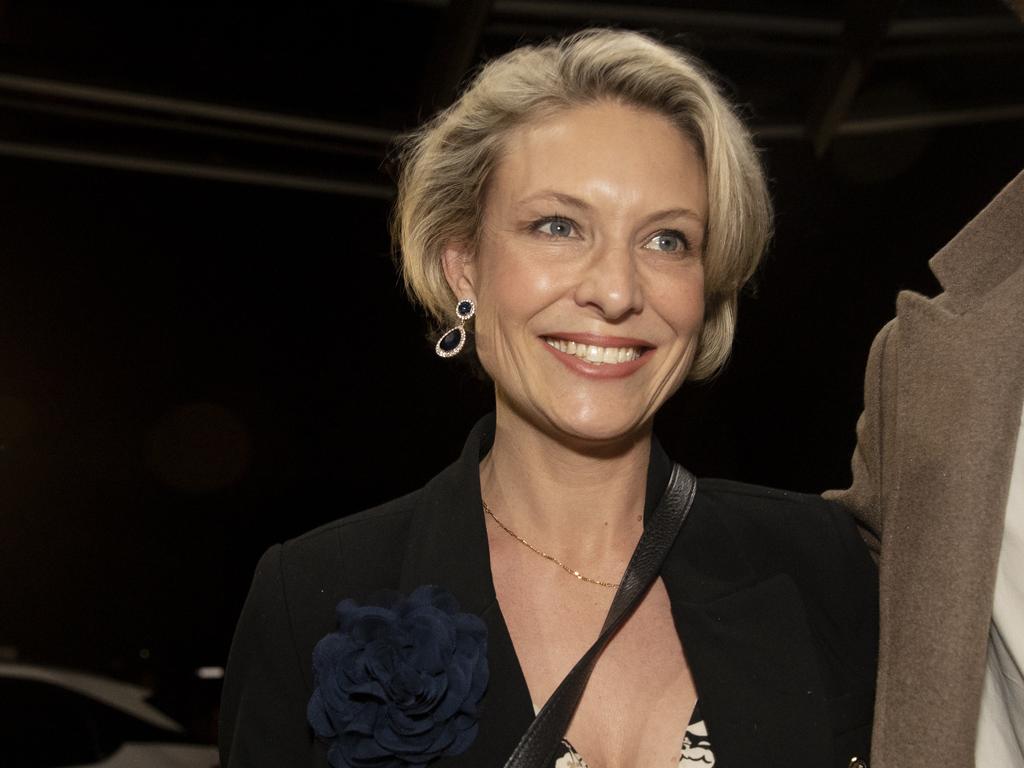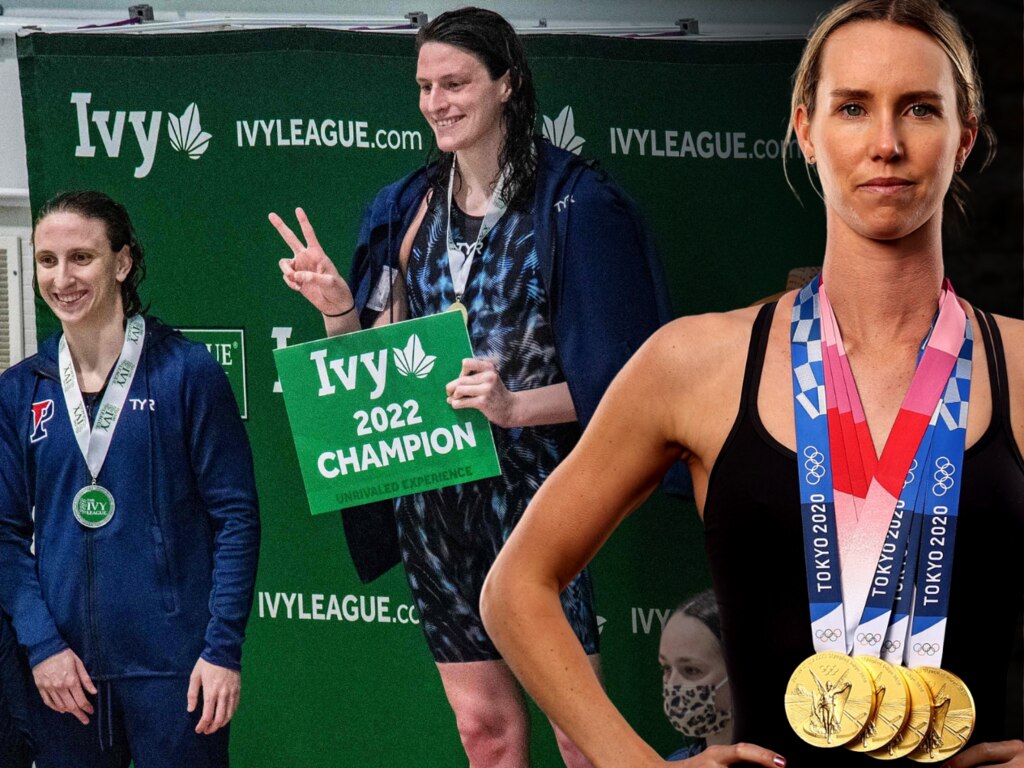When did ‘woman’ become a dirty word?
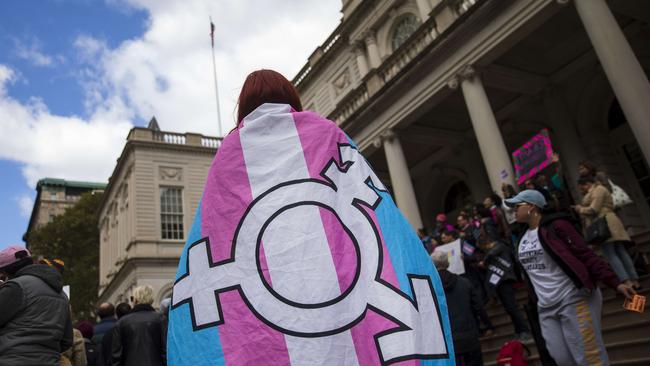
During my recent treatment for breast cancer, a nurse assured me that my “chest cancer” prognosis was promising.
“Chest cancer?”
“We try not to make anyone feel uncomfortable,” she said. “Everyone has a chest.”
“Well, it makes me — as a woman — feel uncomfortable. I have breast cancer.”
It was the first time I had personally encountered the effort to “degender” medicine. I thought this woke trend was limited to a small group of far-left politicians. Last year Rep. Cori Bush made a speech about “birthing people,” and Rep. Alexandria Ocasio-Cortez referred in an interview to “a menstruating person’s body.”
The encounter with that nurse prompted me to do a little digging. I was startled to learn that the “degender” movement had gone mainstream. The Biden administration’s proposed budget calls mothers “birthing people.” So does the National Institutes of Health. Harvard Medical School has been doing it since 2020, declaring that “not all who give birth” are women. Some hospitals call breast milk “human milk.”

In my native U.K., a government-funded report recommended that the National Health Service use inclusive terms like “chest feeding” and “body feeding” and “frontal” or “lower” instead of “vaginal” birth. The report concluded that “nonbinary” people might prefer giving birth in a private space in the hospitals, so they don’t “have to go to a ward full of women after giving birth.”
I understand that activists want “trans inclusive” language to describe their bodies. But why force their preferred language on women? Why can’t we coexist?
The same politicians who use this dehumanising jargon will acknowledge women when it’s expedient to do so. After last week’s leak of a draft Supreme Court decision overturning Roe v. Wade, Rep. Carolyn Maloney of New York tweeted: “I was there when we had to fight for Roe the first time around and will do anything and everything to protect abortion rights and women’s health.” Last May, in a House Oversight Committee hearing on “America’s Black Maternal Health Crisis,” Mrs. Maloney said that “health equity for black birthing people is attainable as long as we address racial disparities with the urgency, empathy and focus that this issue requires.”
Similarly, California Gov. Gavin Newsom signed a bill last year with language repeatedly referring to “pregnant and post-partum people.” Last week he said of the abortion debate: “If men could get pregnant, this wouldn’t even be a conversation.”
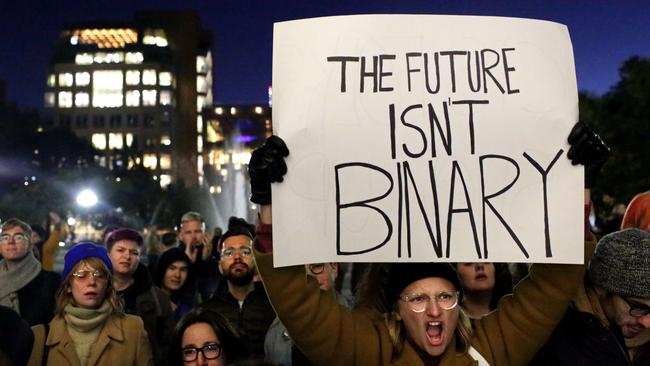
There may be no universal female experience, but there are certain biological and physical differences that affect only women. I am sorry if this offends anyone, but men don’t menstruate, give birth, experience menopause or develop endometriosis, ovarian cancer or cervical cancer. Men do get breast cancer, but it’s extremely rare.
For women like me, it seems as if we are incrementally being erased in a rush of political correctness to ensure no trans person is offended. I respect trans rights, but what about my rights? Isn’t it possible that women will feel marginalised if institutions rely only on gender-neutral language?
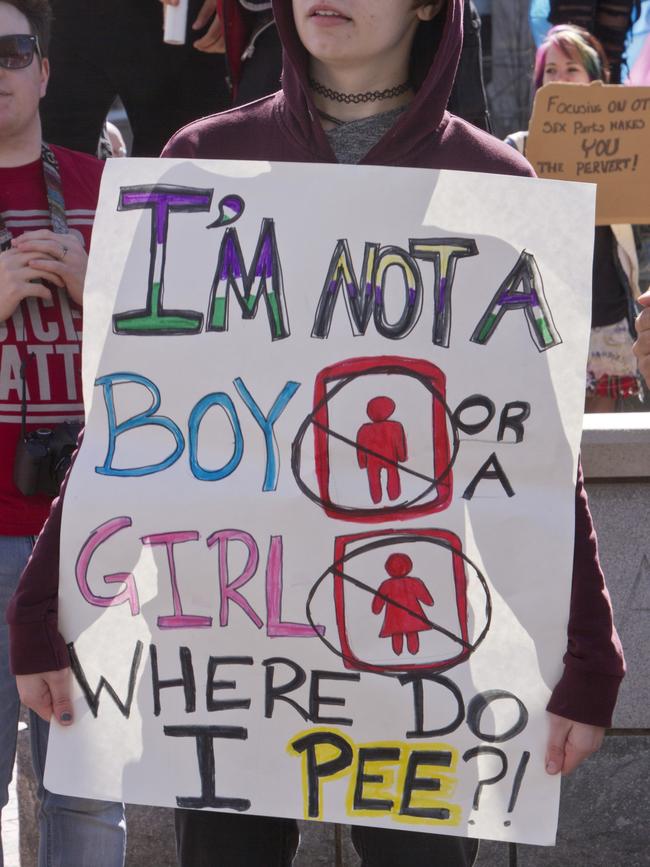
There is a death of common sense playing out in real time, and most women are quiet for fear of being attacked as bigots. Many of my female friends and colleagues have privately told me they would like to speak up but they are worried about the public consequences. Self-censorship is one of the reasons that our language is changing to satisfy the demands of a tiny minority. Silence is interpreted as acquiescence.
Just over 100 years ago women were fighting for a right to vote. When I was a girl, my aunt Rose regaled me with stories of public protests demanding suffrage — which England granted in 1928. Rose was only 16 and took to the streets against her immigrant parents’ wishes. “There are some things too important to sit back,” Rose instilled in me as a child. “We make our own future.”
It’s Orwellian that today many of us feel compelled to remain silent about our female bodies, motherhood and our health as women.
Ms Posner is author, most recently, of “The Pharmacist of Auschwitz: The Untold Story.”
The Wall St Journal



